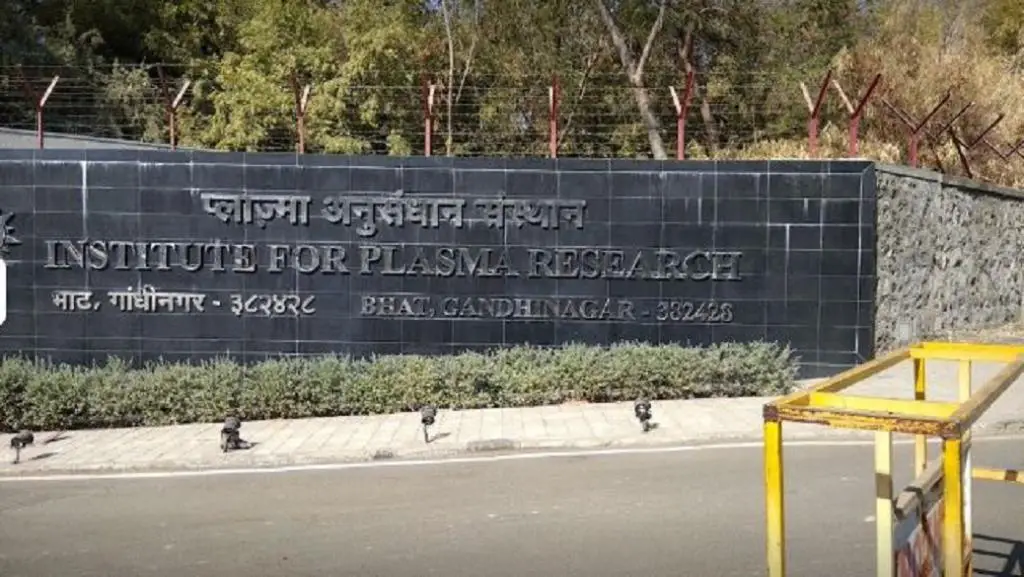This post highlights key findings from a Comptroller and Auditor General of India (CAG) report regarding the functioning of two esteemed research institutions: the Institute for Plasma Research (IPR) and the Indian Institute of Chemical Technology (IICT).
Scrutiny over Lack of Peer Review at IPR:
- The CAG report criticizes IPR for failing to undergo any external or internal peer review in the past 15 years, despite mandatory requirements outlined in the General Financial Rules 2017.
- This absence of review raises concerns about the institute’s efficiency, benchmarking practices, and adherence to established scientific standards.
Delays and Lagging Technology Transfer at IPR:
- The report identifies significant delays in project completion at IPR. Only five out of 13 audited projects were completed within the designated timeframe (2017-18 to 2021-22), with some exceeding their deadlines by up to 54 months.
- Technology transfer from IPR to industry also faces challenges, with only 13 successful transfers recorded between 2005 and 2022. Notably, 16 technologies remain undeveloped, some for as long as eight years. This sluggish commercialization is attributed to the institute’s inability to provide adequate performance data to potential industry partners.
Non-Compliance and Project Termination at IICT:
- The CAG report also sheds light on issues at IICT, specifically concerning a project aimed at developing a cost-effective and efficient dye-sensitized solar cell (DSSC).
- Sanctioned by the Ministry of New and Renewable Energy (MNRE) in 2011, the project was terminated in 2017 after incurring a cost of Rs 13 crore due to IICT’s mismanagement.
- The report cites IICT’s non-adherence to project guidelines and deviation from established targets as primary reasons for the termination, resulting in substantial financial and resource losses.
Conclusion:
- The CAG report’s findings underscore the urgent need for both IPR and IICT to implement critical improvements in their functioning. These improvements should focus on optimizing performance, streamlining technology transfer processes, and ensuring strict adherence to project guidelines.
- By addressing these identified lapses, both institutions can effectively fulfill their mandates and contribute meaningfully to their respective scientific fields.

